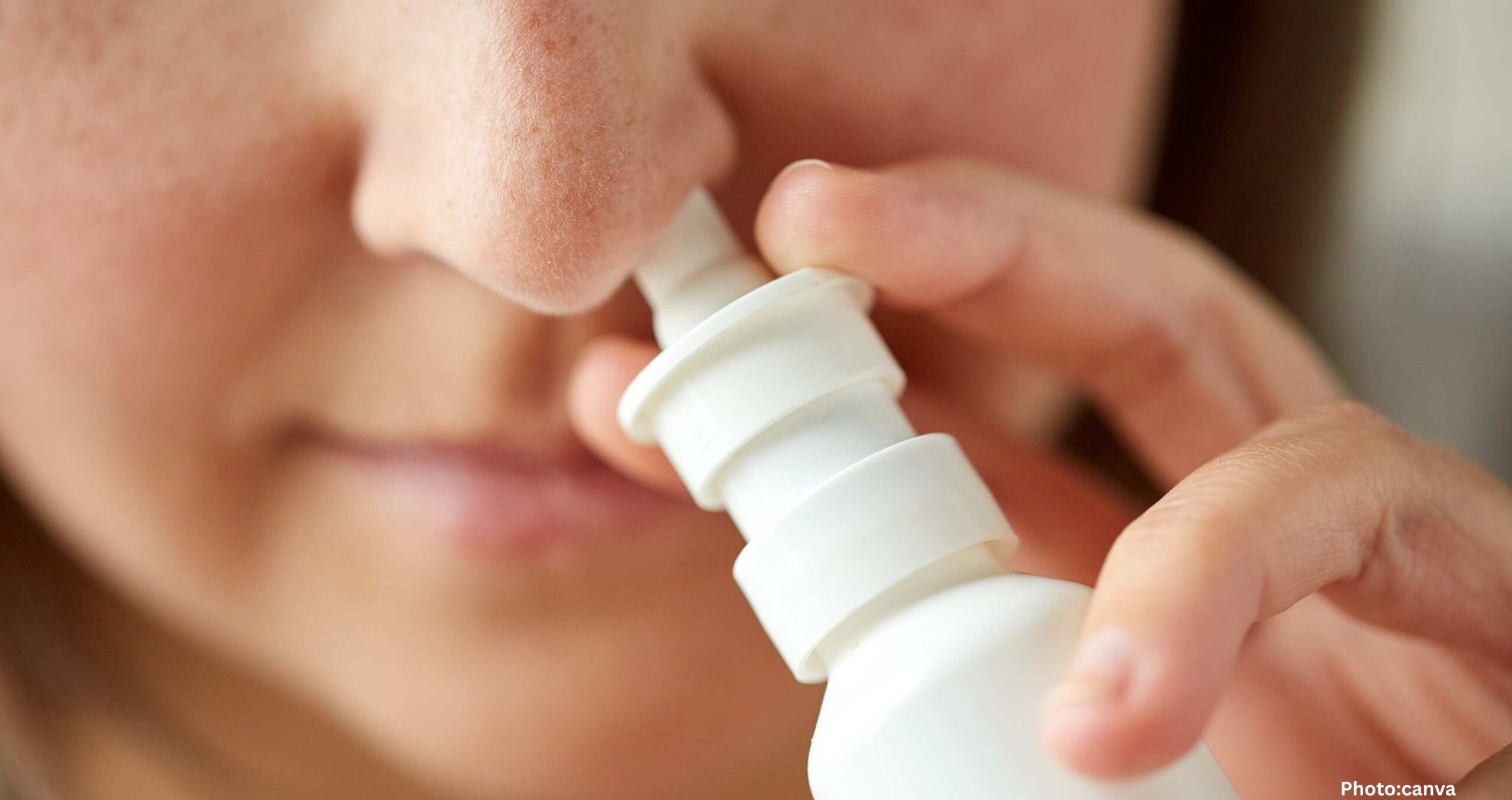A recent study indicates that azelastine nasal spray can significantly reduce the risk of COVID-19 infection, offering a promising preventive measure against the virus.
A new study conducted by researchers at Saarland University in Germany has revealed that a nasal spray, azelastine, can substantially lower the risk of COVID-19 infection. The phase 2 clinical trial, published in JAMA Internal Medicine, demonstrated that the spray reduced infection rates from 6.7% in the placebo group to just 2.2% among participants using the nasal spray.
The study took place from March 2023 to July 2024 at Saarland University Hospital and involved 450 healthy adult participants. These individuals were randomly assigned to receive either the azelastine nasal spray or a placebo, administered three times daily over a 56-day period. To monitor infection rates, researchers conducted SARS-CoV-2 rapid antigen tests twice a week. Participants exhibiting symptoms but testing negative on antigen tests underwent multiple PCR tests for respiratory viruses.
Among the 227 participants who received the azelastine nasal spray, the results were promising. The confirmed COVID-19 infection rate was significantly lower at 2.2%, compared to 6.7% in the placebo group. The researchers also noted that the nasal spray extended the time before participants contracted the virus. Those using azelastine experienced fewer PCR-confirmed symptomatic infections and a reduced incidence of rhinovirus infections, which are commonly associated with the common cold.
“In this single-center trial, azelastine nasal spray was associated with reduced risk of SARS-CoV-2 respiratory infections,” the researchers stated in their findings.
Azelastine has been available over the counter as a treatment for hay fever and has previously been suggested to possess antiviral properties against COVID-19 and other respiratory viruses. Professor Robert Bals, the lead researcher and director of the Department of Internal Medicine at Saarland University Medical Center, emphasized the significance of the trial’s findings in a real-world context.
“Azelastine nasal spray could provide an additional, easily accessible prophylactic to complement existing protective measures, especially for vulnerable groups, during periods of high infection rates or before traveling,” he said.
The researchers highlighted the importance of conducting larger, multicenter trials to further investigate the efficacy of azelastine nasal spray as an on-demand preventive treatment. They also aim to explore its potential effectiveness against other respiratory pathogens.
As the world continues to navigate the challenges posed by COVID-19, this research offers a hopeful perspective on additional preventive measures that could help mitigate the virus’s spread.
Source: Original article

